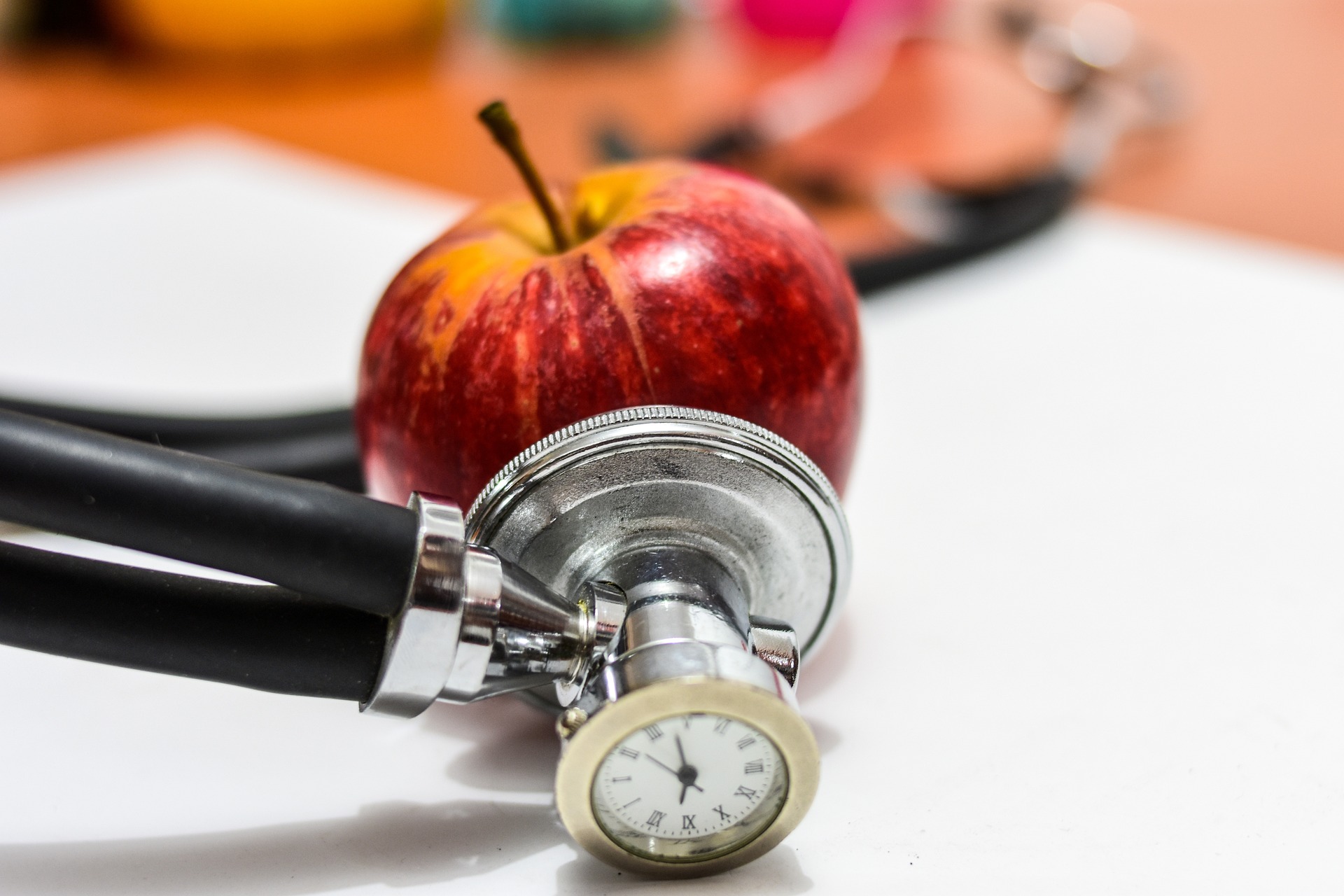Thyroid Treatment: Foods to Avoid with Levothyroxine
Hypothyroidism is commonly managed with levothyroxine, a synthetic hormone that helps regulate metabolism. To ensure optimal absorption, patients are often advised to avoid consuming calcium-rich foods, soy, or high-fiber meals too close to their medication time. Taking levothyroxine on an empty stomach, usually in the morning, can improve effectiveness. Understanding these interactions can help individuals manage symptoms more effectively and support overall thyroid health.

What is hypothyroidism and how does levothyroxine work?
Hypothyroidism occurs when your thyroid gland doesn’t produce enough thyroid hormones, leading to symptoms like fatigue, weight gain, depression, and brain fog. Levothyroxine, a synthetic version of the thyroid hormone T4, is the standard treatment prescribed by healthcare providers. This medication works by replacing the hormone your thyroid can’t produce adequately, helping restore normal metabolic function.
The effectiveness of levothyroxine depends heavily on proper absorption in your small intestine. Once absorbed, the medication travels through your bloodstream to various tissues, where it’s converted to the active hormone T3. However, several factors can significantly impact how well your body absorbs this critical medication.
When taking levothyroxine never eat these two foods
Two foods stand out as particularly problematic for levothyroxine absorption: soy products and calcium-rich dairy foods. Soy contains compounds called isoflavones that can interfere with thyroid hormone synthesis and medication absorption. Research indicates that soy can reduce levothyroxine effectiveness by up to 25% when consumed around the same time as your medication.
Calcium-rich foods, including milk, cheese, and yogurt, create another significant absorption barrier. Calcium binds to levothyroxine in your digestive tract, forming complexes that your body cannot absorb effectively. This interaction can reduce medication absorption by 20-25%, potentially leaving you with inadequate thyroid hormone levels despite taking your prescribed dose.
What other foods should you avoid with levothyroxine?
Beyond soy and calcium-rich foods, several other dietary factors can impact levothyroxine absorption. High-fiber foods, while generally healthy, can interfere with medication absorption when consumed too close to your dose. Coffee, despite being a morning staple for many, can reduce levothyroxine absorption by approximately 30% when taken simultaneously.
Iron supplements and iron-rich foods can also create absorption issues. If you need iron supplementation, healthcare providers typically recommend spacing it at least four hours from your levothyroxine dose. Additionally, certain vegetables like broccoli, cabbage, and Brussels sprouts contain goitrogens that may interfere with thyroid function, though cooking these vegetables significantly reduces this effect.
How should you properly time your levothyroxine dose?
Optimal levothyroxine absorption requires taking the medication on an empty stomach, typically 30-60 minutes before eating. Most healthcare providers recommend taking levothyroxine first thing in the morning with a full glass of water. This timing allows maximum absorption before food enters your digestive system.
If morning dosing proves challenging due to your schedule or frequent morning coffee consumption, evening dosing can be an alternative. When taking levothyroxine at bedtime, ensure you haven’t eaten for at least three hours prior. Some studies suggest evening dosing may actually improve absorption for certain patients, though this should be discussed with your healthcare provider.
Understanding thyroid treatment costs in the United States
Thyroid treatment costs vary significantly across the United States, depending on factors like insurance coverage, medication brand preference, and monitoring requirements. Generic levothyroxine typically costs between $10-30 monthly without insurance, while brand names like Synthroid or Levoxyl can range from $50-100 monthly. Regular monitoring through thyroid function tests adds approximately $100-200 every 6-12 months.
Many patients find that proper medication absorption reduces the need for dose adjustments and additional medical visits, potentially lowering overall treatment costs. Working with local pharmacies and healthcare providers to optimize your thyroid treatment regimen can help manage both health outcomes and expenses effectively.
| Treatment Component | Cost Range (Monthly) | Insurance Coverage |
|---|---|---|
| Generic Levothyroxine | $10-30 | Usually covered |
| Brand Name Thyroid Meds | $50-100 | Varies by plan |
| Thyroid Function Tests | $15-35 (per test) | Typically covered |
| Endocrinologist Visit | $200-400 | Varies by plan |
Prices, rates, or cost estimates mentioned in this article are based on the latest available information but may change over time. Independent research is advised before making financial decisions.
What symptoms indicate your levothyroxine isn’t working effectively?
Persistent hypothyroidism symptoms despite medication compliance often signal absorption issues. Common indicators include continued fatigue, unexplained weight gain, hair loss, cold intolerance, and cognitive difficulties. If you’re experiencing these symptoms while taking levothyroxine, dietary interactions with your medication timing could be the culprit.
Laboratory results showing elevated TSH levels despite adequate levothyroxine dosing also suggest absorption problems. Your healthcare provider may recommend adjusting your medication timing, switching to alternative formulations, or identifying specific dietary factors interfering with your treatment. Keeping a food and symptom diary can help identify patterns affecting your thyroid medication effectiveness.
Understanding the relationship between levothyroxine and dietary factors empowers you to optimize your thyroid treatment outcomes. By avoiding problematic foods around medication time and maintaining consistent dosing schedules, most patients can achieve better symptom control and improved quality of life. Working closely with your healthcare provider ensures your thyroid treatment plan addresses both medication management and lifestyle factors affecting your thyroid health.
This article is for informational purposes only and should not be considered medical advice. Please consult a qualified healthcare professional for personalized guidance and treatment.




